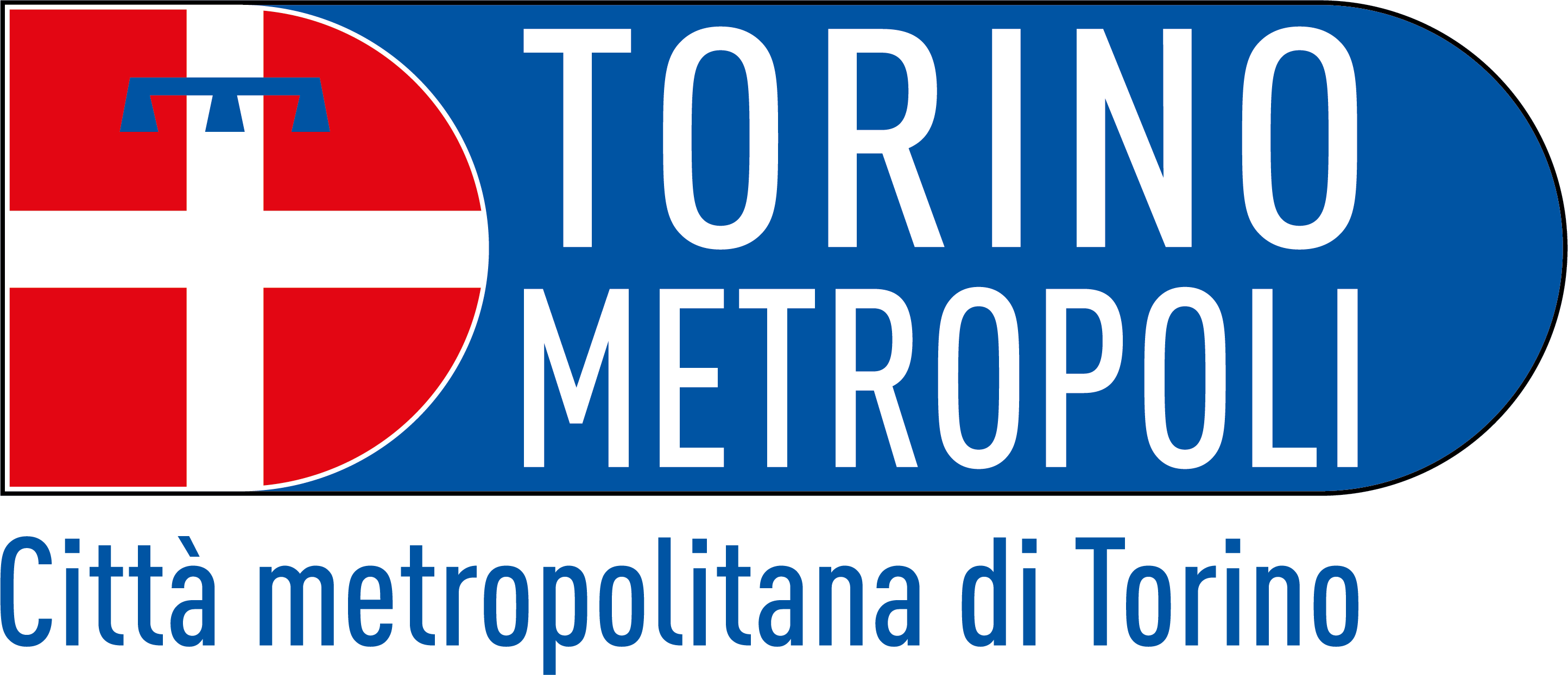The recent transposition of the SUP Directive by Italy has renewed the attention on our consumption model and the resulting excessive waste production, in particular considering single-use products.
Associazione dei Comuni Virtuosi, through Silvia Ricci - campaign manager of the association – already warned against the risks of measures aimed at the simple substitution of plastic materials with other materials, in the production of disposable goods. Among those risks there are:
- the risk of contamination and pollution (bioplastic and paper – the materials with which fossil plastic is more easily substituted – have less impact but “they are not good for the environment” as many could think);
- the incessant production of waste, with the consequences relative to its management;
- the exploitation of more resources than those actually renewable – a crucial point considered that since the late ‘80s humans have reached the resources carrying capacity (Living Planet, WWF, 2004).
If substitution of plastic with other materials is not the solution, neither is recycling; Tom Szaky, CEO of Loop, highlights the fact that recycling solves the symptoms of waste production but not the root causes of the problem. Therefore, it is necessary preventing the generation of waste: with the substitution of materials studied to have a short life with durable and reusable goods and packages it is possible to cause a drecrease in the amount of waste produced.
Prevention and resuse are prioritary terms in the European hierarchy of waste management. Nevertheless, the attention seems to be unbalanced towards recycling. For example, the international firms that have taken part in the important project The New Plastics Economy of Ellen McArthur Foundation, do not follow in practice the European prioritary indications.
Thus, exploring and implementing new practices of production and consumption result fundamental, especially to replace single-use products. To do so, it is necessary to remove potential legal obstacle and to make such practices habitual and normatively binding for european producers and distributors.
